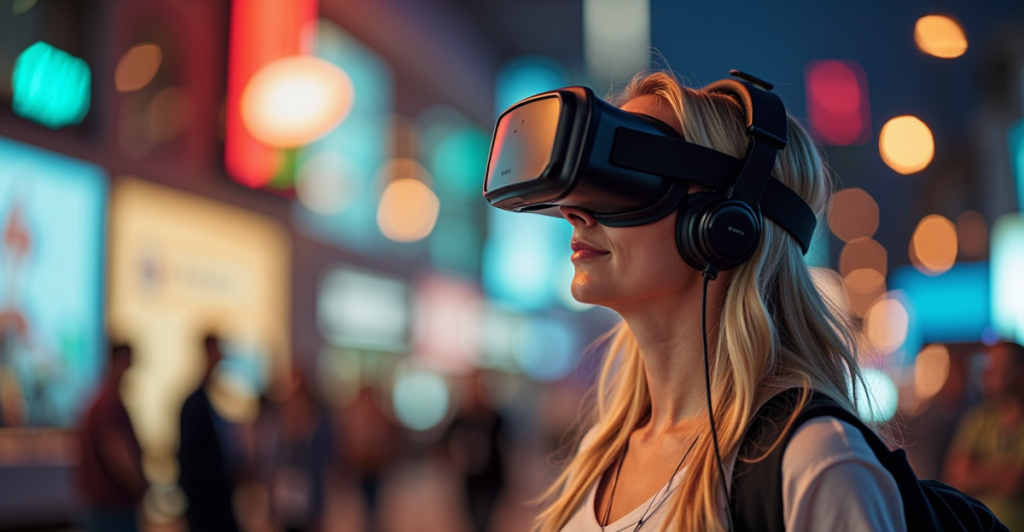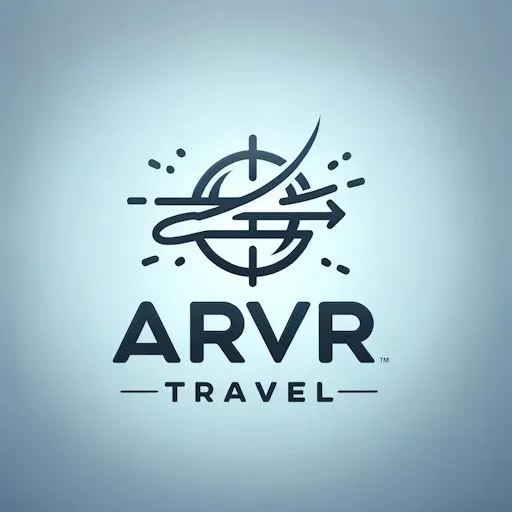Revolutionizing Travel Marketing with Virtual Reality (VR) Experiences
As virtual reality (VR) technology progresses, travel companies are using VR to craft immersive destination experiences that captivate and convert potential visitors. VR helps audiences explore destinations, accommodations, and attractions from home, bridging the gap between curiosity and commitment. By “previewing” destinations through VR, travelers can feel a connection to a place before they ever step foot there.
Why VR Drives Visitor Engagement in the Travel Industry
VR doesn’t just show a destination; it allows viewers to feel like they’re there. This immersive capability gives VR a unique edge in travel marketing, offering brands a fresh way to showcase destinations and create emotional ties that traditional media simply can’t achieve. Here are a few benefits VR provides to the travel industry:
- Creates Emotional Connections: VR experiences evoke a sense of presence that inspires genuine interest in a destination.
- Builds Trust and Reduces Uncertainty: Travelers can explore accommodations and destinations virtually, which builds confidence in their booking decisions.
- Differentiates Destinations in a Competitive Market: VR lets travel brands stand out with technology that appeals to modern travelers looking for unique experiences.
Key Advantages of VR in Travel Marketing
Increased Booking Confidence
VR provides travelers with a realistic preview of their chosen destination, giving them a sense of familiarity and confidence that reduces any booking-related uncertainty.
Enhanced Personalization
VR allows travelers to explore their areas of interest, such as cultural heritage sites or outdoor adventure spots, offering a more personalized experience than conventional media.
Social Media Integration
VR content is highly engaging and shareable, which amplifies its reach. When potential visitors share VR travel previews, it expands visibility and promotes the destination even further.

High-Impact VR Applications in Travel Marketing
- Virtual Destination Tours
- Potential tourists can tour iconic landmarks and scenic vistas via VR. Companies like Ascape VR provide free VR tours that make destinations accessible from anywhere.
- Hotel Room Walkthroughs
- VR allows users to explore hotel rooms, lobbies, and amenities virtually, which is particularly useful for luxury hotels and resorts.
- VR Adventure Previews
- Adventure-seekers can experience thrilling activities like scuba diving or skydiving in a virtual format, boosting interest and anticipation.
Popular Keywords for VR in Travel Marketing
To boost visibility, consider integrating high-volume keywords such as:
- Virtual reality travel and VR tourism
- Virtual destination tours and VR travel simulators
- VR travel marketing and VR tourism industry
VR in Travel Marketing: A Future-Ready Strategy
As VR technology becomes more widespread, it is increasingly essential in travel marketing. Embracing VR enables destinations to attract younger, tech-savvy travelers who seek immersive and unique experiences. Investing in VR today ensures a strong brand presence as this technology continues to shape the travel industry.
Conclusion
VR in travel marketing offers a powerful way to enhance engagement, inspire travelers, and set your destination apart. By immersing audiences in VR experiences, destinations create emotional connections that build trust and inspire real-life exploration.
For more information on leveraging VR in travel, visit www.ARVRTravel.com.
